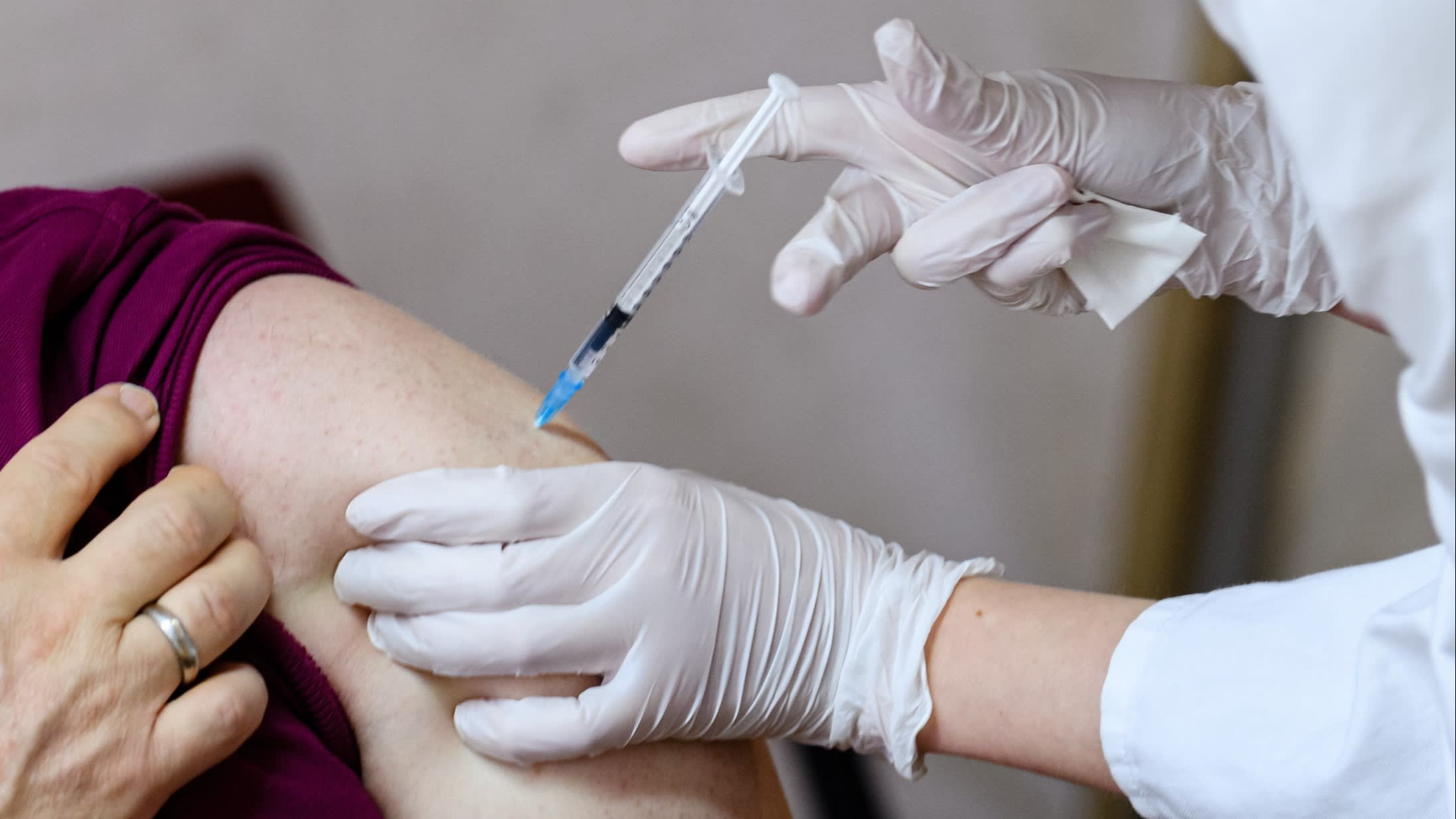BioNTech faces hundreds of German compensation claims for Covid-19 jab

BioNTech is facing a barrage of compensation claims in Germany brought by two law firms that allege their clients suffered lasting health damage from the company’s coronavirus vaccine.
The Mainz-based pharmaceuticals producer will on Monday face its first German court hearing over the claims in a case brought on behalf of a middle-aged medical worker.
She is seeking €150,000 in damages for symptoms including heart arrhythmia and brain fog that she says were caused after receiving the jab.
The challenge, in a regional court in Hamburg, is one of several hundred claims for compensation of up to €1mn being pursued by the two law firms.
The most prominent of the firms, the Düsseldorf-based Rogert & Ulbrich, is headed by Tobias Ulbrich, a specialist in transport and freight law who has railed against the vaccine makers on social media.
The other firm is Cäsar-Preller, which is also based in Mainz.
The firms successfully won damages for consumers from the German carmaker Volkswagen over its diesel emissions scandal.
Given that close to three-quarters of the 224mn vaccine doses administered in Germany were produced by BioNTech in collaboration with Pfizer, the vast majority of the claims are being brought against the Mainz-based company, which pioneered the use of messenger RNA in vaccines.
The German cases represent the biggest number of compensation claims that BioNTech has faced worldwide since it shot to fame during the pandemic.
Ulbrich is a controversial figure, who has claimed that the American billionaire Bill Gates wanted to use vaccination to reduce the population of Germany to 27mn people — a claim that a spokesman for his foundation said was “false”.
Ulbrich also claimed that blood tests on some of his clients have shown them to be suffering from a “vaccine-acquired immunodeficiency syndrome” or “V-AIDS” — a syndrome that respected scientists say is not real.
The lawyer told the Financial Times that German media reports painting him as a conspiracy theorist showed he was “doing a good job” of scaring the pharmaceutical companies.
Peer-reviewed studies have shown that side effects of Covid-19 vaccinations are rare but do exist, including four types of neurological complications and an inflammation of the heart known as myocarditis.
But the publicly listed BioNTech said it was confident that the cases would be dismissed, pointing to the fact that it has decided not to set aside provisions to cover possible compensation claims.
“Continuous monitoring of the vaccine’s safety profile and after more than 2.6bn doses of [the Covid-19 vaccine] administered worldwide has to date not identified potential side effects other than those already listed in the respective product information,” BioNTech said.
The company added that, in the Hamburg case, the plaintiff and her lawyers had failed to demonstrate a “causal relationship between the adverse events and the vaccine” rather than a coincidental one and described the lawsuit as “without merit”.
Ulbrich maintains that the burden of proof — and also the possible compensation — is lower in Germany than elsewhere and is confident that, particularly in hearings in Munich and Düsseldorf, his clients’ cases are strong.
A verdict against BioNTech would likely have limited direct financial damage on the company because of an EU legal shield that largely protected vaccine makers from legal liability if they caused unforeseen side effects, leaving national governments on the hook instead.
Still, the company has had to expand its use of extra law firms to deal with the increased caseload.
Both Rogert & Ulbrich and Cäsar-Preller reject accusations that they are exploiting the concerns of people who are unwell but have little chance of winning a successful legal challenge for their own financial gain.
They say that the fees they can charge in most cases are capped at about €7,000 and are often paid by their clients’ insurance. “It’s cost intensive,” said Cäsar-Preller owner Joachim Cäsar-Preller. “We have a big team. Half of the money goes to court.”
Additional reporting by Hannah Kuchler
This article has been archived for your research. The original version from Financial Times can be found here.


